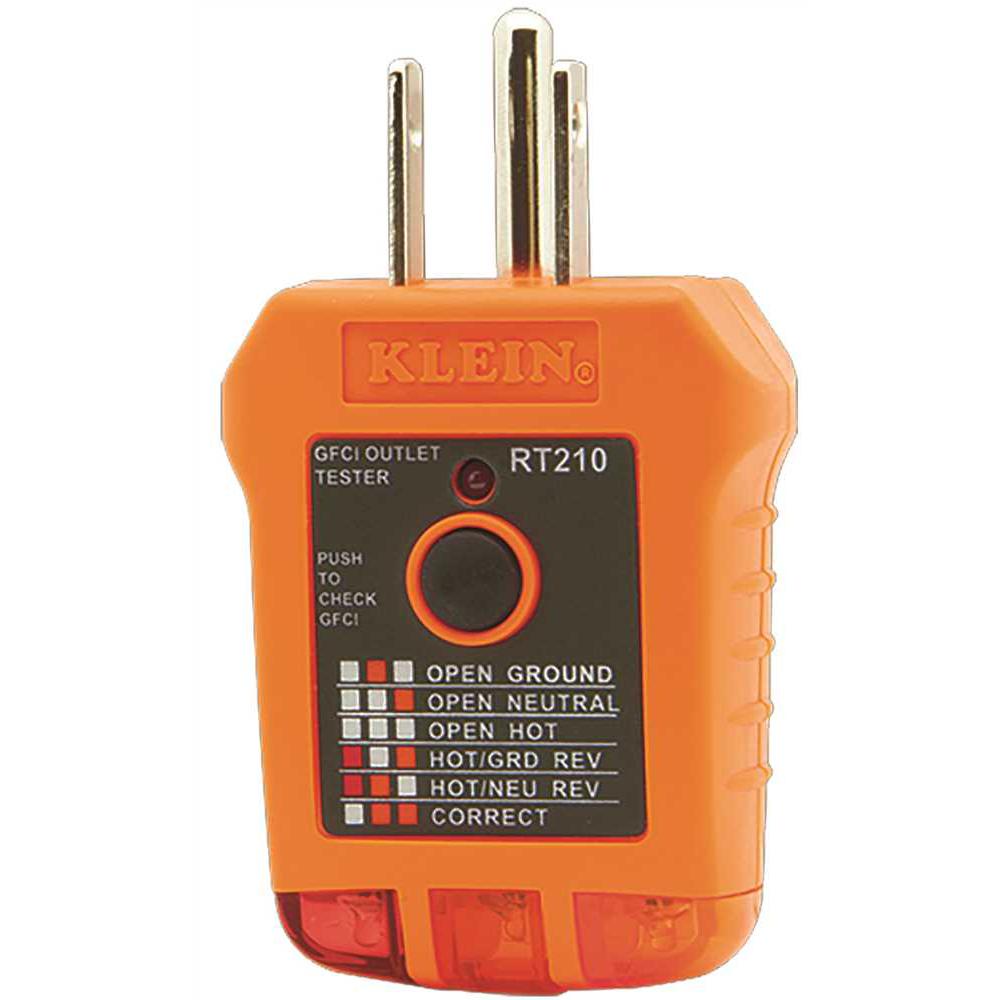New2plumb
New Member
Hello,
I'm looking to add a few outlets/receptacles to my unfinished garage and wanted to check on the best way/correct way for NC. I believe the garage was build in the mid 1980's. Currently there is a 20amp circuit running to the garage with two outlets and a light switch, one of the outlets is connected in the center of the garage on the ceiling joist and the other along the wall. The one along the wall was added by drilling holes in the studs to the outlet and the one on the ceiling joists ran up the stud to the ceiling joist but then was just laid across the ceiling joists and both outlets are regular 120v outlets and I want to leave the garage unfinished. So, for the questions:
1. Are GFCI outlets required in a garage and if so can they be 15amp or need to be 20amp
2. Should I use 12/2 NM-B wire as long as I run it up the studs and drop down where I want to add each outlet along the stud(not drilling holes in the studs so if could be considered a hazard for something falling on it?) or be used for a hanging rack?

3. If question 2 is a no, what kind of conduit/wire would I need to use?
Thanks in advance for any advice
I'm looking to add a few outlets/receptacles to my unfinished garage and wanted to check on the best way/correct way for NC. I believe the garage was build in the mid 1980's. Currently there is a 20amp circuit running to the garage with two outlets and a light switch, one of the outlets is connected in the center of the garage on the ceiling joist and the other along the wall. The one along the wall was added by drilling holes in the studs to the outlet and the one on the ceiling joists ran up the stud to the ceiling joist but then was just laid across the ceiling joists and both outlets are regular 120v outlets and I want to leave the garage unfinished. So, for the questions:
1. Are GFCI outlets required in a garage and if so can they be 15amp or need to be 20amp
2. Should I use 12/2 NM-B wire as long as I run it up the studs and drop down where I want to add each outlet along the stud(not drilling holes in the studs so if could be considered a hazard for something falling on it?) or be used for a hanging rack?
3. If question 2 is a no, what kind of conduit/wire would I need to use?
Thanks in advance for any advice

